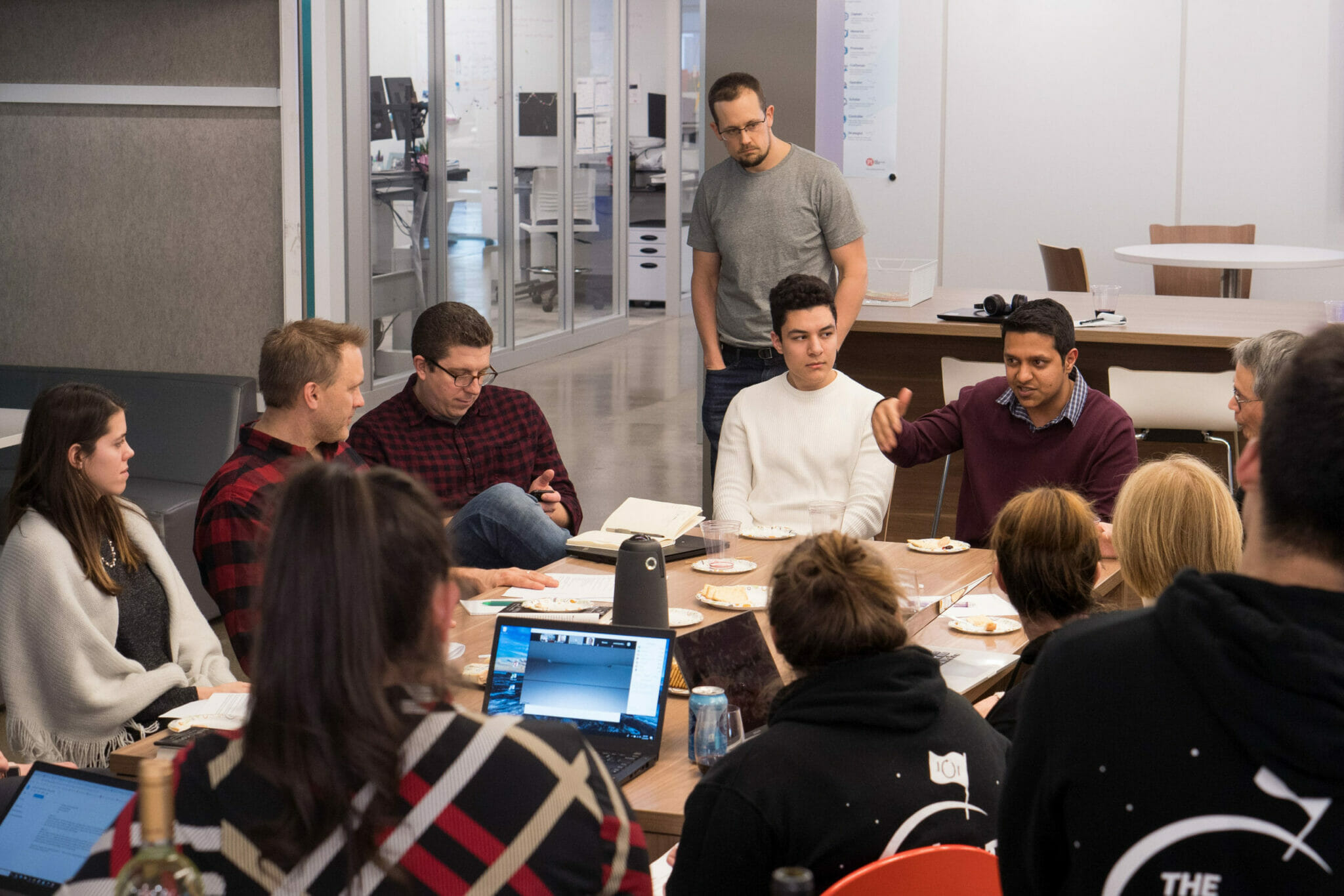Burnout is a relatively new term in the national conversation, but it’s a common one. According to a Gallup study, 67% of American workers report feeling burned out at least some of the time, or even most of the time.
What’s most difficult about burnout is that it can feel as if there’s no way out. The average person can’t just quit their job and take a couple of months to recharge—and nobody wants to put things like hobbies, relationships, or their social life on the back burner because they’re swamped at work.
Fortunately, burnout doesn’t have to last forever. I know this for a fact because I’m no stranger to the feeling.
I felt burnout in 2005 when I was working at a startup; I was completely miserable and worried that hopping to yet another job would hurt my career. I felt it again in 2009, when I worked myself into so much stress it caused a panic attack that landed me in the hospital. And I felt it in again 2011 when my company, Acceleration Partners, was growing but I had completely maxed myself out getting to that point.
I didn’t know why I kept repeating this cycle until I realized I needed a better understanding of what I was trying to get out of life. That’s when I discovered that my spiritual capacity was low.
Join 10,000 companies solving the most complex people problems with PI.
Hire the right people, inspire their best work, design dream teams, and sustain engagement for the long haul.
What is spiritual capacity?
The term “spiritual capacity” describes the degree to which you understand who you are and what you want most. Building your spiritual capacity is a journey of self-discovery; it means taking time to understand your motivations and what makes you happy. It’s daunting work, but it’s extremely important. If you don’t know what you want from life, you may spend all your energy running in the wrong direction—and be left unfulfilled when you reach your goals.
People feel burnout when they’re working themselves into exhaustion doing something that feels meaningless or misaligned with their own goals. This is why it’s vital to build your spiritual capacity and discover what matters most to you. Even if you succeed at something, if it’s not aligned with your purpose and values, you’ll likely feel unsatisfied and drained.

How do you build spiritual capacity?
The first step in building spiritual capacity is to develop your core values. Start by setting aside time, putting away distractions, and thinking carefully about yourself. When are you happiest? When are you most drained of energy? What types of people and situations are most frustrating for you? Pose these same questions to your family and close friends—often they can provide novel insights.
Putting thought into these questions will help you recognize consistent themes in your life and identify what makes you happiest. One of my core values is “long-term orientation,” which means I’m most fulfilled when I’m setting and pursuing long-term goals—whether in my personal or professional life. I have found I just don’t get as much satisfaction from short-term wins.
Identifying your core values will give you a GPS for decision-making in your daily life. While it’s not possible to make everything we do connect to our core values, we can make conscious choices to spend more time doing what fulfills us and give less energy to things that don’t.
In researching my upcoming book, Elevate, I’ve realized that lasting achievement requires building capacity in four areas: spiritual, intellectual, physical and emotional. Spiritual capacity is perhaps the most difficult of the four because it requires us to find clarity about our inner selves. Identifying personal core values and an overarching purpose can be a demanding task.
However, building spiritual capacity is foundational to a fulfilling life. People don’t achieve the life they want by accident; they do it by carefully considering what they want and setting their daily actions to pursue it.
My workload isn’t any lighter than it was at other points in my life—times when I felt stretched to the breaking point. What changed is that the majority of the work I do now serves my purpose: to find a better way and share it. Also, I now say no to many things that fall outside of my values and purpose, which helps me keep my actions aligned with my goals.
If you’re struggling with burnout
For those who are struggling with burnout, I suggest you ask yourself if you know what you want and if you’ve thought about what your core values are. My guess is that many people have not, because most people don’t know where to start. I know I didn’t until I was well into my adult life. Now I wish I had grown my spiritual capacity sooner.
If you’re working as hard as you can but feel you haven’t been rewarded with a fulfilling life, you’re not alone. To make a change, start building your spiritual capacity. Once you discover what you really want, make a plan to reach your goals. I think you’ll find that life is easier when you have a roadmap.
Bob Glazer is the founder and CEO of global performance marketing agency Acceleration Partners. He’s also the writer of the popular Friday Forward series and author of Elevate: Push Your Limits and Unlock Success.








